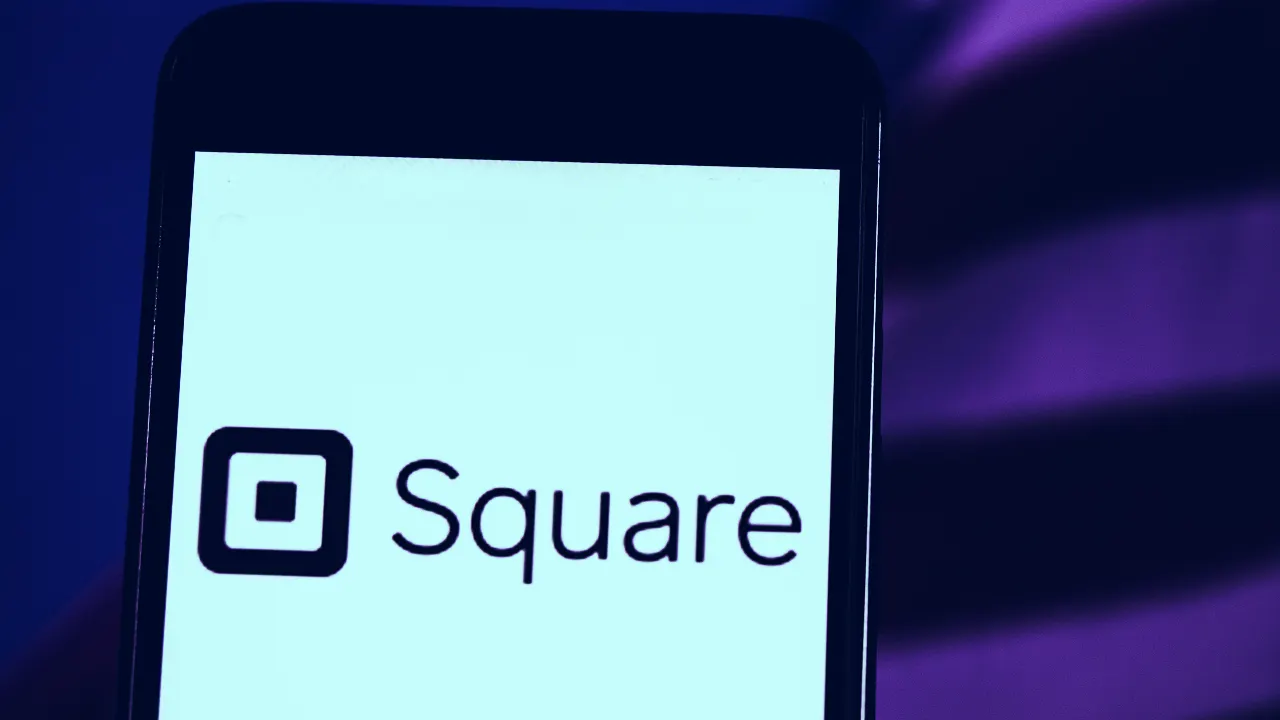In brief
- In its Q4 earnings statement, Square revealed it has bought even more Bitcoin.
- Its October purchase plus its latest buy amount to 5% of its total cash.
- Square reported $1.76 billion in revenue from Bitcoin trading in Q4.
Square is loading up on more Bitcoin.
In its Q4 2020 earnings announcement on Tuesday, the payments company said it has purchased approximately 3,318 Bitcoins at an aggregate purchase price of $170 million.
That's on top of the 4,709 BTC it bought in October 2020 at $50 million as an asset for its balance sheet. That purchase—along with MicroStrategy's aggressive Bitcoin buys—arguably helped prompt Tesla’s $1.5 billion entry into the market. The price of Bitcoin has more than quintupled over the past four months.
The two Bitcoin purchases combined total 5% of Square’s total cash as of December 31, 2020, the company says.
Square "believes that cryptocurrency is an instrument of economic empowerment, providing a way for individuals to participate in a global monetary system and secure their own financial future," the company said in its release. "The investment is part of Square’s ongoing commitment to bitcoin, and the company plans to assess its aggregate investment in bitcoin relative to its other investments on an ongoing basis."
In its earnings report, Square also reported $4.57 billion in Bitcoin revenue from the Cash App for 2020, nine times greater than its 2019 Bitcoin revenue, and $97 million in Bitcoin profit.
$1.76 billion of that revenue came from the fourth quarter alone, a 1,000% increase from Q4 of the previous year, as the price of Bitcoin surged from $10,500 to $28,600 in the fourth quarter.
According to the company, the revenue increase was fueled by new and existing Bitcoin buyers.
"In the fourth quarter of 2020, bitcoin volumes per customer were up more than 2.5x year over year, primarily driven by buying activity, as existing customers continued to buy bitcoin and new adopters bought even greater volumes of bitcoin," Square noted.
Cash App is a competitor to Venmo, Zelle, and other person-to-person payment apps. It differentiates itself, in part, by allowing customers to buy stocks and Bitcoin, similar to Robinhood.
The P2P service has been up and running since 2013 but only introduced Bitcoin buying and selling in 2018—a tad late for the December 2017 bull run, but very early for the current one.
Cash App is generally free for customers. Its business model is to charge merchants a percentage of each transaction. It also charges individuals to transfer funds more quickly or to make payments with a credit card, instead of via debit.
Bitcoin purchases, however, work differently. According to the Cash App website, it charges a service fee and “an additional fee determined by price volatility across U.S. exchanges.”
Square cites that volatility for its decision to deduct Bitcoin revenue from its overall earnings. Nonetheless, those small margins—applied to make sure it’s not losing on any individual trade—have added up into the billions as new investors stream into a bullish Bitcoin market.
Editor's note: This story is developing and will be updated.

